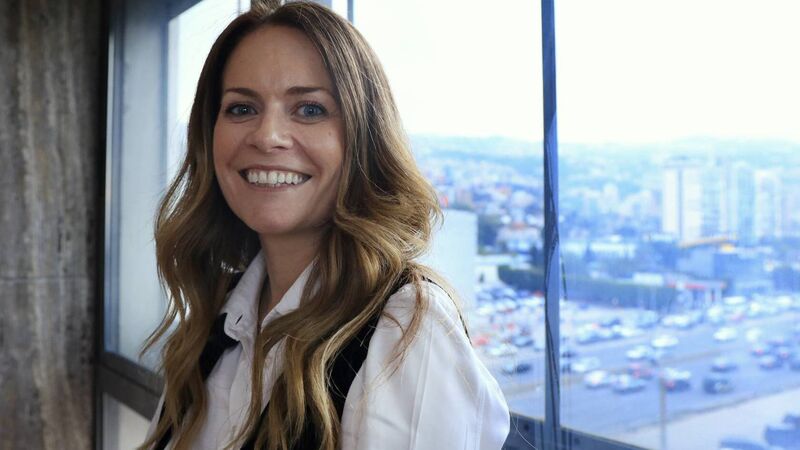Irish in Lebanon: 'I can’t tell people it’s 100% safe. It’s still possible there will be a war'

Mayo woman Deborah McConway: 'I always say that the Lebanese and the Irish are kindred spirits with a similar kind of history and a similar mindset... We have to prove ourselves — we’re such a small nation.'
Deborah McConway moved with her family from Ghana to Lebanon less than a month before the war in Gaza began last October.
Since then, there have been near daily exchanges of fire and rockets between Israeli forces and the militant group Hezbollah that controls southern Lebanon, where over 300 Irish troops are stationed.














